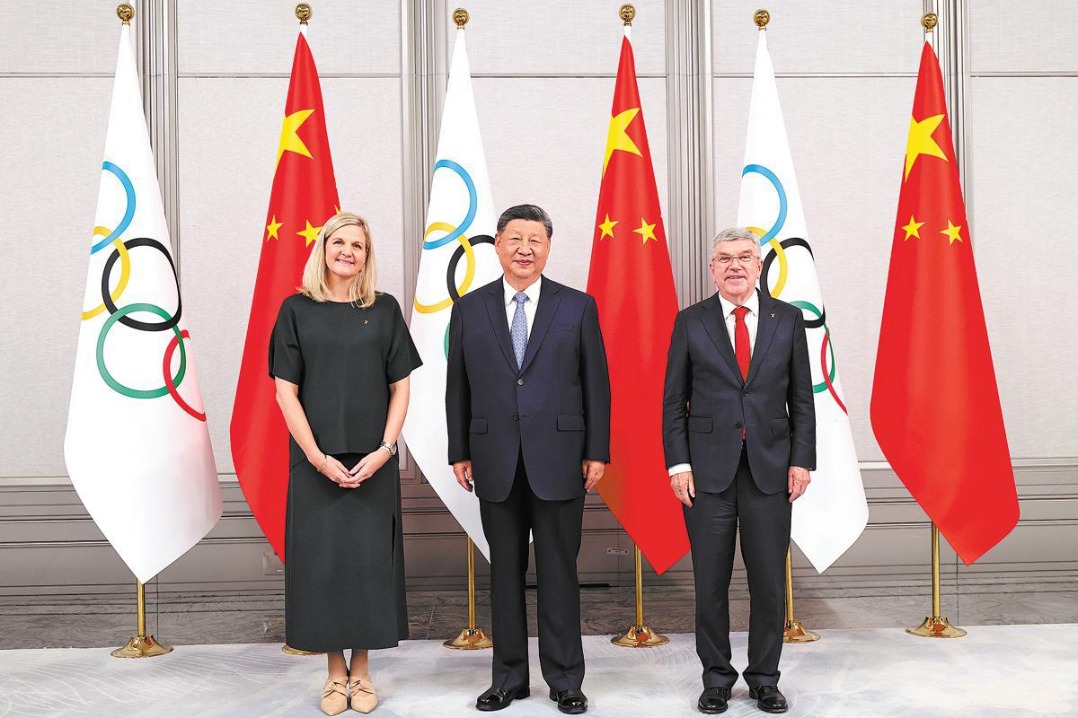Tariff-troubled US fears not-so-happy holidays
Rising prices of goods, produce dim prospects for Thanksgiving, Christmas


Candy crush
The sweet taste of chocolate also soured amid higher prices in stores, creating more tricks than treats this Halloween.
Candy was 10.8 percent more expensive compared with 2024, according to Groundwork Collaborative, a progressive think tank. Last year, Americans spent about $7.4 billion on chocolate and candy for Halloween, the National Confectioners Association said.
Ghana and the Ivory Coast, which together produce 60 percent of the world's cocoa, were hit by bad harvests due to adverse weather. Also at play were higher cocoa bean prices. Some US businesses that buy cocoa were hit by tariffs and had to pay farmers in Latin America.
The levies have even threatened to upend the morning routines of Americans. A "cup of Joe" got pricier after Trump declared a national emergency in July and slapped a 50 percent tariff on coffee imports from Brazil.
"About 30 percent of US coffee imports come from Brazil," David A.Gantz, an economist at Rice University's Baker Institute for Public Policy, told China Daily. "The US is the largest consumer of coffee worldwide, with annual imports of beans and ground coffee estimated at around $8 billion worth per year."
The average price of a pound of ground roast coffee was about $7.93 in May 2025, up from roughly $6.30 per pound (454 grams) on average in 2024.
Gantz said coffee lovers will probably be willing to pay extra as the increased prices via the tariffs will be passed onto the consumer.
He also warned: "Increased Trump tariffs on steel, aluminum, copper and automotive goods, and other goods imports from virtually all US trading partners, will have a far greater negative impact on the US economy than coffee tariffs."
Trump used the emergency International Emergency Economic Powers Act and Section 232 of the Trade Expansion Act of 1962 to enact the tariffs. The move has faced opposition from senators from both sides of the aisle.
On Nov 5, the US Supreme Court heard arguments over whether Trump has overstepped his use of the IEEPA to impose tariffs on nations worldwide. Some collected duties could be refunded depending on the court's decision.
It is not just the US economy that will see fallout from the tariffs. Data from S&P Global estimates that tariffs could cost global businesses over $1.2 trillion this year and most of the costs could be passed onto the consumer.
























